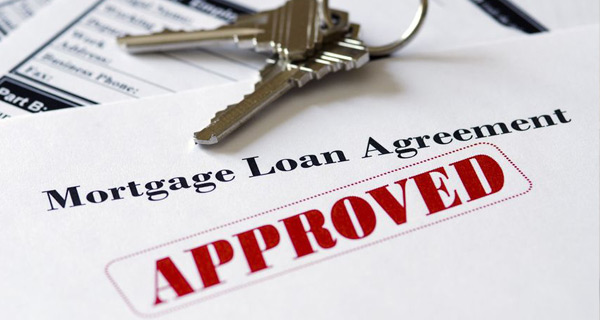April 8, 2016
 A reader asks, “Is their costs in an FHA loan the the seller has to pay for the buyer, and if so what are those costs?” FHA loan rules in HUD 4000.1 permit “interested parties” to contribute a certain amount towards approved expenses of an FHA mortgage loan for a new purchase. The rules for these contributions are found starting on page 220, which has both a definition of the phrase, and the types of costs these parties may contribute.
A reader asks, “Is their costs in an FHA loan the the seller has to pay for the buyer, and if so what are those costs?” FHA loan rules in HUD 4000.1 permit “interested parties” to contribute a certain amount towards approved expenses of an FHA mortgage loan for a new purchase. The rules for these contributions are found starting on page 220, which has both a definition of the phrase, and the types of costs these parties may contribute.
“Interested Parties refer to sellers, real estate agents, builders, developers or other parties with an interest in the transaction. Interested Party Contribution refers to a payment by an Interested Party, or combination of parties, toward the Borrowers origination fees, other closing costs and discount points.”
FHA loan rules limit these contributions. “Interested Parties may contribute up to 6 percent of the sales price toward the Borrowers origination fees, other closing costs and discount points. The 6 percent limit also includes:
–Interested Party payment for permanent and temporary interest rate buydowns, and other payment supplements;
–payments of mortgage interest for fixed rate Mortgages;
–Mortgage Payment protection insurance; and
–payment of the UFMIP.”
What happens if the contributions exceed the limits imposed by HUD 40001.? A dollar-for-dollar reduction in the loan amount based on the amount of the excessive contribution. The exact wording of the FHA loan rule in this area is as follows:
“Interested Party Contributions that exceed actual origination fees, other closing costs, and discount points are considered an inducement to purchase. Interested Party Contributions exceeding 6 percent are considered an inducement to purchase.”
It’s very important to note that FHA loan rules in this section do NOT allow interested parties to contribute to the borrower’s down payment, also known as a minimum required investment. Also, HUD 4000.1 adds, “Payment of real estate agent commissions or fees, typically paid by the seller under local or state law, or local custom, is not considered an Interested Party Contribution.”
The simple answer to our reader’s question, in light of the information above, is that whether or not the seller pays any of these costs is something borrower and seller must negotiate. Note that in all the information we’ve given here, the FHA loan rules say the seller (or other interested party) “may” pay, but is not required to.
Do you work in residential real estate? You should know about the free tool offered by FHA.com. It is designed especially for real estate websites; a widget that displays FHA loan limits for the counties serviced by those sites. It is simple to spend a few seconds customizing the state, counties, and widget size for the tool; you can copy the code and paste it into your website with ease. Get yours today:

